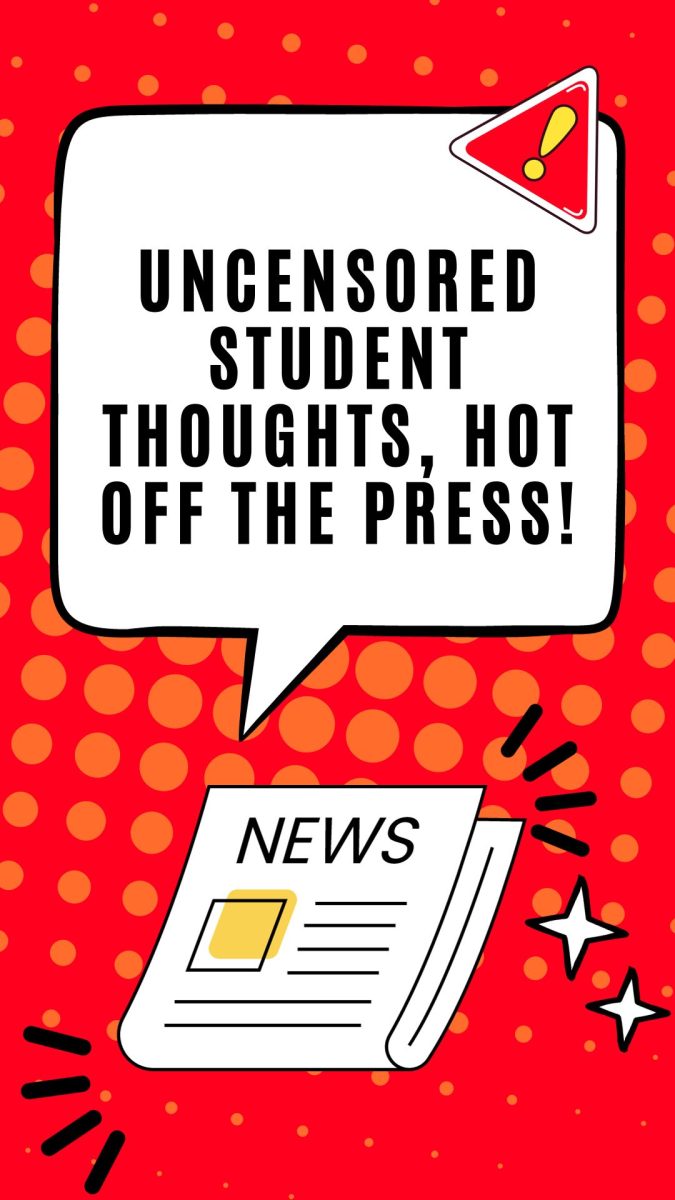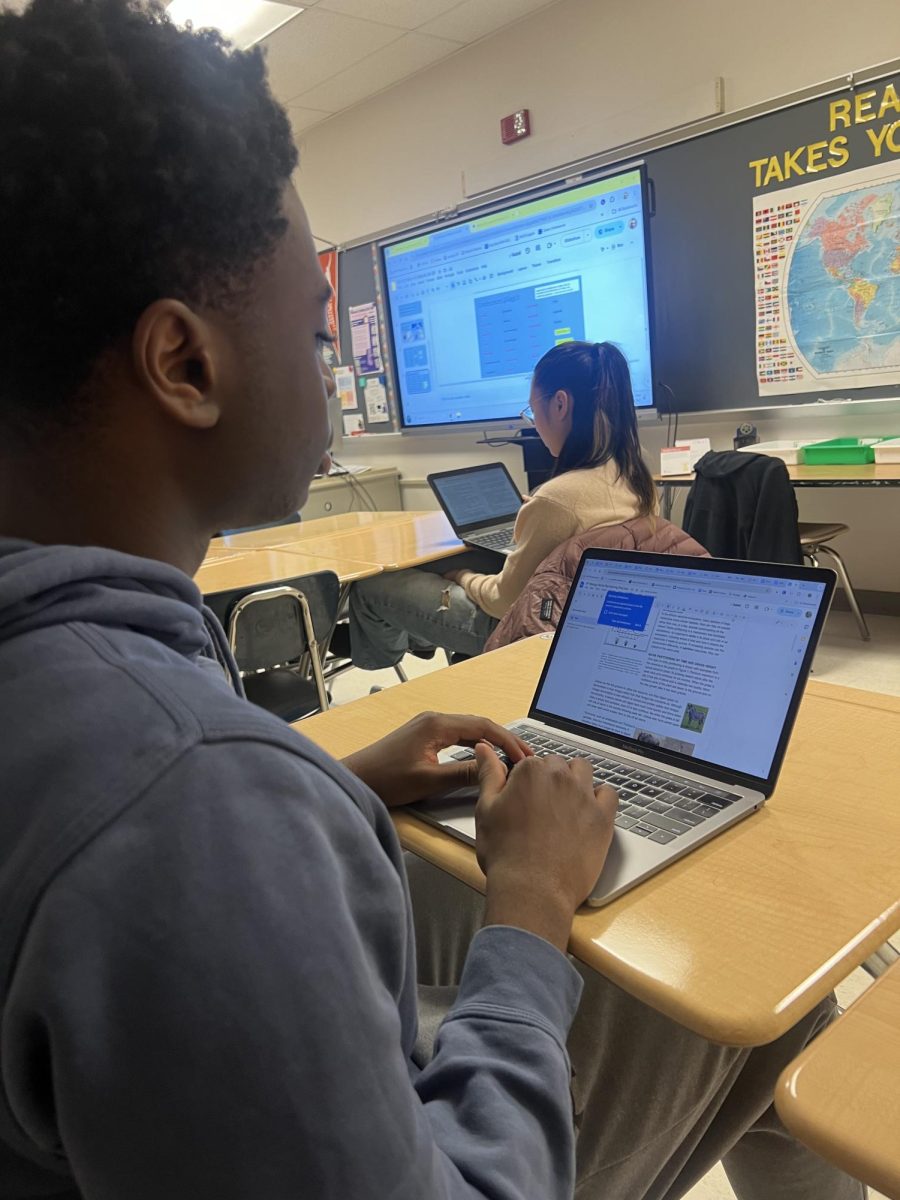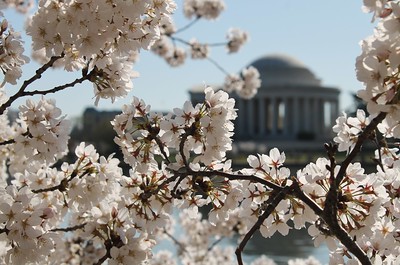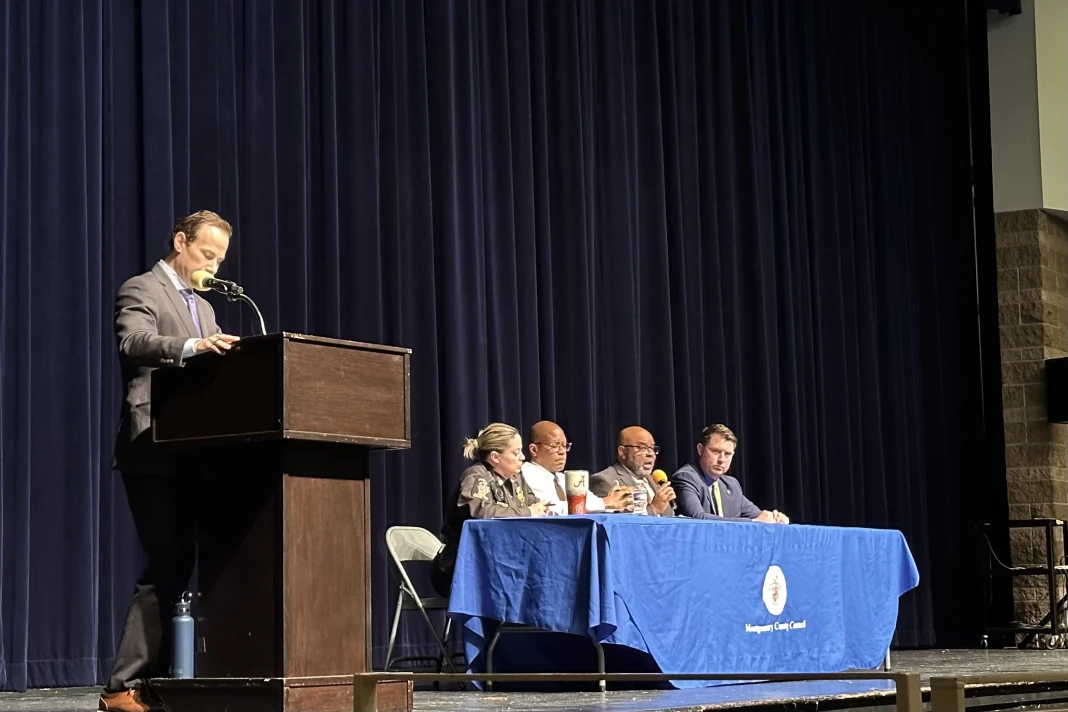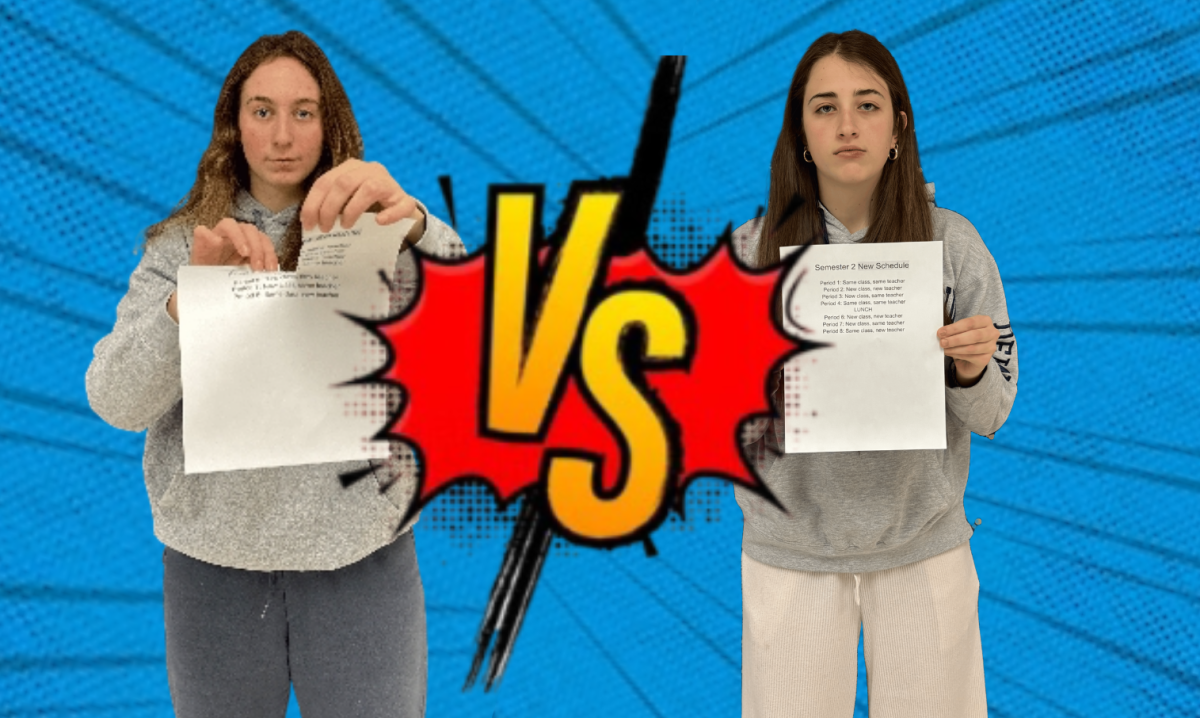Although perhaps an ironic question, it is arguably the most important: what even is the point of a high school newspaper? It is difficult for such publications to be harbingers of breaking news or mind-boggling revelations, and that is not the expectation placed on them. This absence, however, has not provoked another to take its place; simply put, there are often no expectations for school newspapers to be truly meaningful contributors to community discussions.
This needs to change. Students join the staff of their newspaper with eyes blazing with high hopes of writing articles that will do something, whether that be a question forming in the mind of the reader or a classroom discussion, but can become disillusioned by the realization that trying to walk the slippery line of being non-controversial yet interesting can lead to writing that does not live up to their dreams. So then, what? Let student publications be controversial. Let them be loud, proud and unafraid. Let them talk about politics, social issues and unpopular opinions. Let them finally accomplish their purpose.
That purpose is to be a voice and an outlet for students to express themselves and their burgeoning thoughts. The teenage years are when they begin to form their own ideas about the world they see around them and have to find their place in, but are often held back by insecurity and fear over how those views will be received by their peers. By being uncensored, student newspapers have the power to pave the path for more unfiltered spotlighting of student perspectives.
It is important to not forget that what sets these publications apart from professional publications is the unique position they hold of being composed purely of students who are deeply interested in using their words to figure out and spread the truth of the world around them. By letting these reporters take the next step and write about whatever they personally feel is important to share, that distinctive potential only grows.
Furthermore, even if student newspapers cannot be the source for breaking news, they have the ability to be the ones to ask difficult questions. High schools are the incubators for the great minds of the future, but in a social-media-based world of mindless scrolling, many of them are not being stimulated in the ways that would get them genuinely thinking about who they are in the world they are about to enter.
If students can glimpse through their peers’ writing a thought-provoking question that they had not considered before, that would be the start of a meaningful journey, and a meaningful achievement for the writer. This is the overarching goal of journalism – to expose the facts and push readers into thinking and forming their own questions and conclusions.
It is this connection to the real world about issues that truly matter in their lives that will make student publications more interesting and worth reading. Repeatedly reading about the same school or county-based topics will undeniably lead to an increasingly disinterested audience. Uncensored discussions about the outcomes of the stressful 2024 election, the bleak future of American healthcare, the role of schools in the deteriorating mental health of teenagers and everything else, on the other hand, have the potential to change that.
Another way of looking at it is also to consider the student reporters themselves. Being actively and personally involved in political reporting offers true insight into what a journalistic career would look like; it is a completely different experience from interviewing people within the insular community and writing articles in the classroom. Getting to experience the real world and understand the power of their written words could be what inspires the next generation of influential journalists to grow to become the ones who actually expose the breaking news decades down the road.
It is true that this road will inevitably never be completely smooth – being uncensored never is. There will be controversial articles that may inspire heated discussion and opinions that may be wrong, but that is simply a reflection of the constant real-world discussions that are what push society forward. As long as the journalistic standards of writing with respect, integrity and honesty are upheld, this controversy could be what instigates change. Journalists cannot be afraid of forming ripples in the water, because that is their job.
Student reporters need to take a more active role in advocating to write about the deep political and social issues they see around them. Let the words printed in each issue reflect the world they see around them, especially the most turbulent and censored questions.


